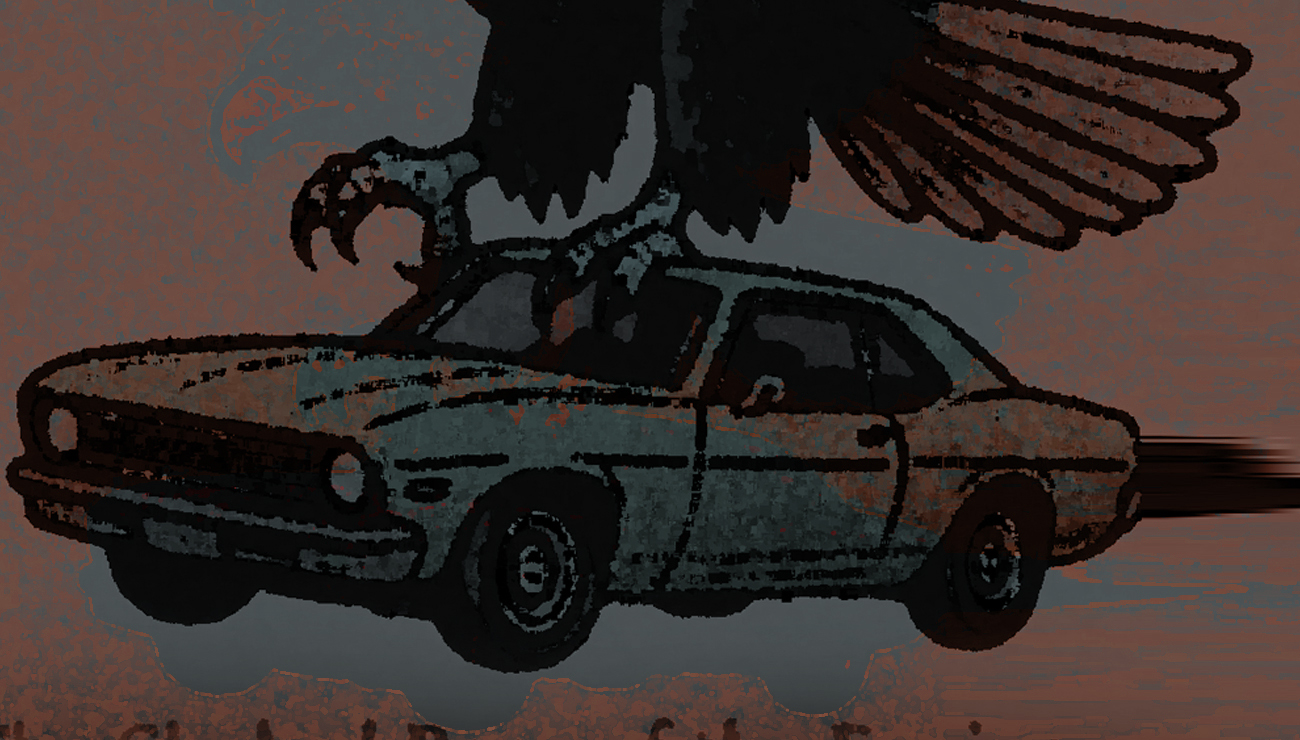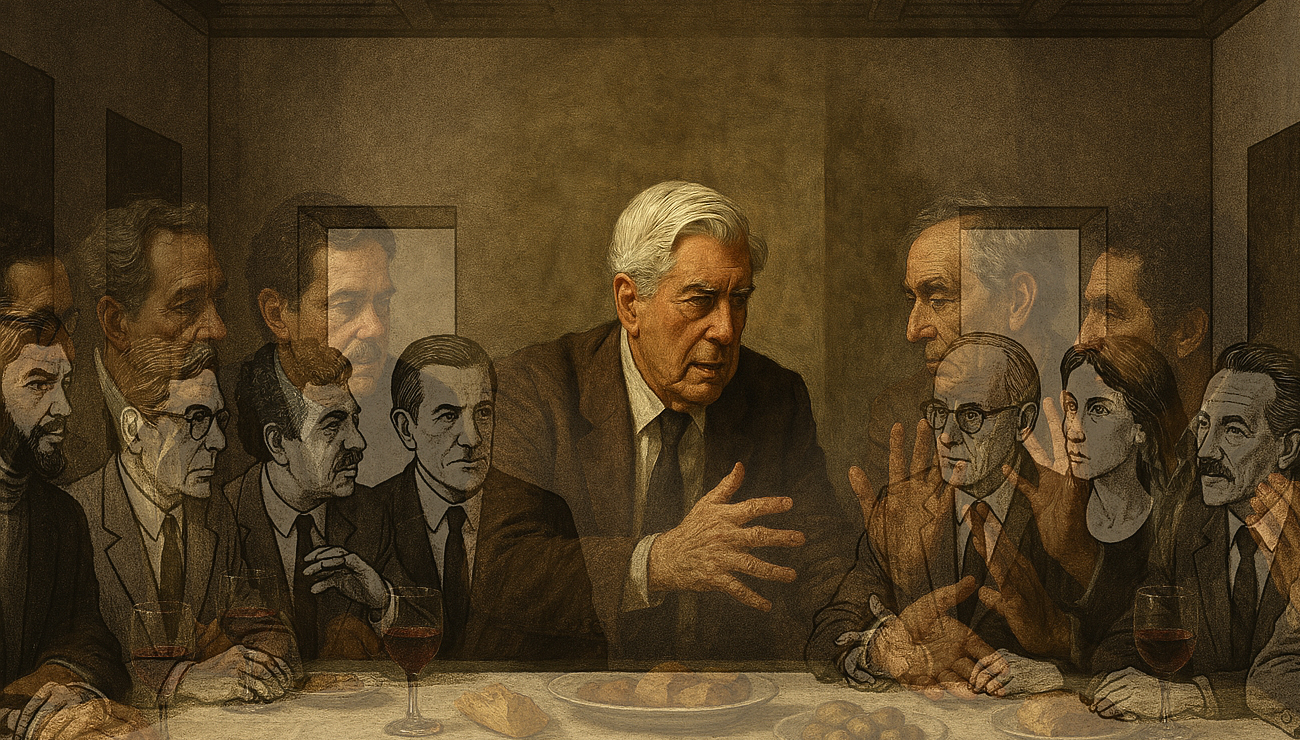
A three-mile chronicle on cars, tariffs, and the economy of absurdity.
Author: ©2025 William Castano-Bedoya
Finished reading and want more? Your next favorite story is just a click away.
Explore my books!
What If Mario Vargas Llosa Was Right? Dissent as Literary Legacy in the Latin American Boom
A three-mile chronicle on cars, tariffs, and the economy of absurdity.
In a Soulless World, Facts Banish Feelings.
William Castaño
William is a Colombian-American writer who captivates readers with his ability to depict both the unique experiences and universal struggles of humanity. Hailing from Colombia’s Coffee Axis, he was born in Armenia and spent his youth in Bogotá, where he studied Marketing and Advertising at Jorge Tadeo Lozano University. In the 1980s, he immigrated to the United States, where he naturalized as a U.S. citizen and held prominent roles as a creative and image leader for projects with major corporations. After a successful career in the marketing world, William decided to fully dedicate himself to his true passion: literature. He began writing at the turn of the century, but it was in 2018 when he made the decision to make writing his primary occupation. He currently resides in Coral Gables, Florida, where he finds inspiration for his works. William’s writing style is distinguished by its depth, humanity, and authenticity. Among his most notable works are ‘The Beggars of Mercury’s Light: We the Other People’, ‘The Galpon’, ‘Flowers for María Sucel’, ‘ Ludovico’, and ‘We’ll meet in Stockholm”.








